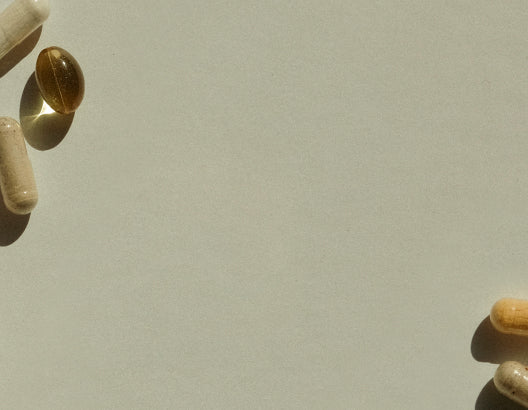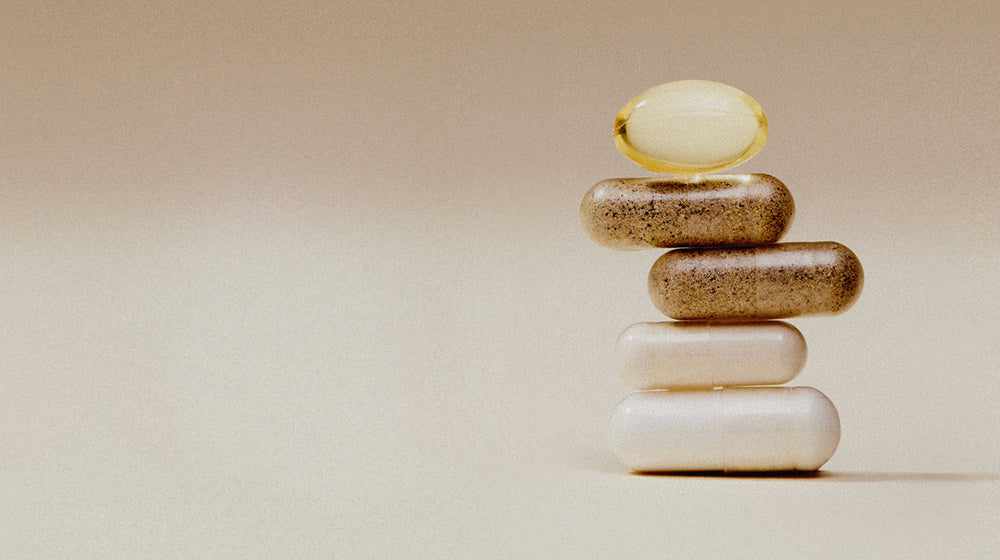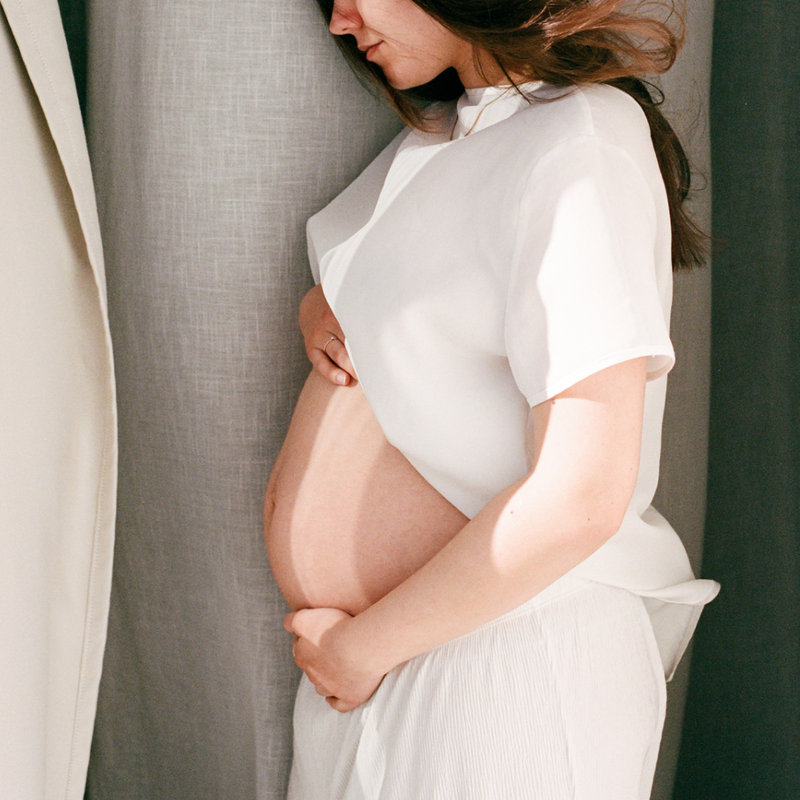Discontinuing your birth control method is one of the first steps you’ll take on your journey to parenthood. For many women, this milestone signals that they’ve made the decision to start trying to conceive.
If you’ve been using a barrier method of contraception, stopping is a straightforward process. But if you’ve been using hormonal birth control methods like the pill, ring or patch, your body will undergo an adjustment period. So what exactly happens to your hormones when you go off birth control? Here’s what to expect.
How Hormonal Birth Control Works
Most hormonal birth control methods use a combination of estrogen and progestin (a synthetic form of progesterone) to prevent pregnancy.
Estrogen levels normally rise and fall throughout your cycle. When they peak, it signals your body to release the hormones that trigger ovulation.1 Hormonal birth control methods keep estrogen levels steady, which prevents ovulation.
Progesterone is normally secreted after ovulation and helps prepare the uterine lining for implantation of a fertilized egg. However, with hormonal birth control, progestin (the synthetic form) helps to prevent pregnancy by inhibiting ovulation and thickening the cervical mucus. Progestin also thins the uterine lining, which makes it less suitable for implantation.2
Why Would I Consider Going off Hormonal Birth Control?
There are lots of reasons people go off birth control. They might be:
-
Unhappy with the side effects.
-
Tired of being on a hormonal method.
-
Hoping to remember how they feel off hormones.
-
Switching to a new birth control method.
-
Trying to get pregnant.
-
Newly pregnant.
What Happens When You Stop Taking Birth Control
After you stop taking birth control, your body resumes its natural hormone production. Estrogen and progesterone levels go back to their natural fluctuations throughout your menstrual cycle, and ovulation restarts as a result. This typically happens within the first few weeks after stopping birth control, but for some women it may take a few months or more to readjust.
Hormones play a key role in regulating many processes within the body, so you may notice some changes and side effects as your hormone levels readjust.
- Withdrawal bleeding. It’s normal to experience some spotting or light bleeding within a week of stopping birth control.3
- Menstrual changes. Your cycle may be irregular as your body adjusts to changing hormone levels. You may experience heavier or lighter bleeding, and premenstrual syndrome (PMS) may feel more intense — especially if you were taking oral contraceptives to help manage PMS symptoms.
- Ovulation. Hormonal birth control suppresses ovulation. After you stop taking it, ovulation will typically restart within a few cycles.
- Skin changes. Hormone balance affects skin health. As your hormone levels shift after stopping birth control, you may notice more breakouts, clogged pores, or oil production.
- Mental health. Hormonal birth control can help to stabilize mood, so it’s common to experience mood swings or irritability while your hormones adjust.4
If you were prescribed birth control to help manage hormone-related issues like PMS, cramps, polycystic ovary syndrome (PCOS), menstrual migraines or acne, be aware your symptoms may return once you stop taking birth control.


What are your
stage-specific needs?
Let us personalize your vitamin routine in 60 seconds.
How Do I Go Off Birth Control?
While you can stop taking the pill or patch at any time, experts typically recommend finishing out your current cycle to minimize disruptions to your menstrual cycle.5
Of course, it’s always beneficial to talk to a healthcare provider before making changes to your medications. Your OB/GYN can review your medical history and recommend the next steps to help you prepare for a healthy pregnancy. If your hormonal birth control was helping to manage conditions like PCOS or endometriosis, your doctor can also help you find the best treatment path going forward.
Let's break it down by birth control type:
The pill, the patch, or the ring: You can stop at any time, but if you want to keep your bleeding in a consistent rhythm, you might want to finish out the cycle you’re on.
The birth control shot: The hormones stay in your system for up to three months. After that you can just not get your next shot. It might take a bit to get your period back.
An IUD or implant: Make an appointment with a doctor to get your IUD or implant removed. Your period will come back sometime after the removal—it varies from person to person.
The hormones from birth control don’t remain in your system after you stop, so experts say it’s safe to start trying to conceive immediately after you stop taking birth control.6 Research suggests about half of all women will become pregnant within three to four months after stopping the pill. If your period still hasn’t returned three months after you stop taking birth control, let your doctor know.
Shop the Article:
Next up: How to support your mind and body during a loss, plus "normal" fertility by the numbers.

theFolio in Your Inbox
Sign up to receive doctor-backed, stage-specific content in your inbox each week.
This article is for informational purposes only. It is not, nor is it intended to be, a substitute for professional medical advice, diagnosis, or treatment and we recommend that you always consult with your healthcare provider. To the extent that this article features the advice of physicians or medical practitioners, the views expressed are the views of the cited expert and do not necessarily represent the views of Perelel.
References:
3. University of Rochester Medical Center; What Does It Feel Like to Stop Birth Control?; Mar 2024
4. WebMD; Things That May Happen After Stopping Birth Control; Jul 2024
5. Cleveland Clinic; Your Guide to Going Off of Birth Control; Jun 2021
6. Mayo Clinic; Birth control pill FAQ: Benefits, risks and choices























